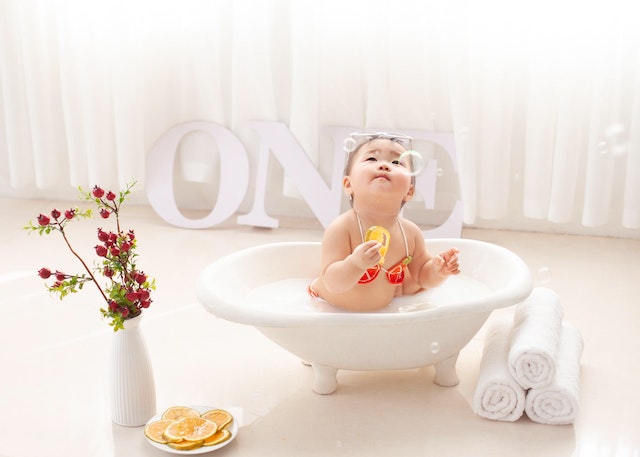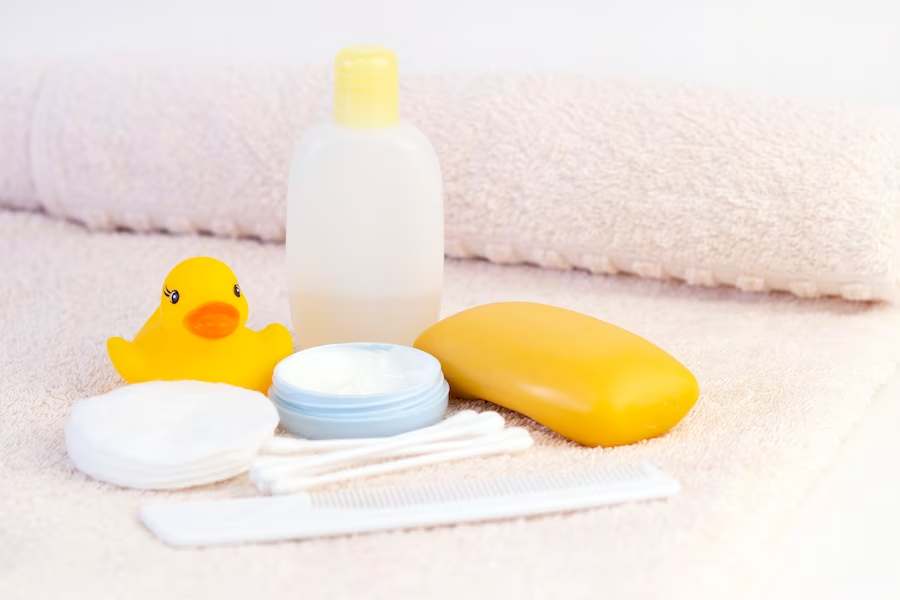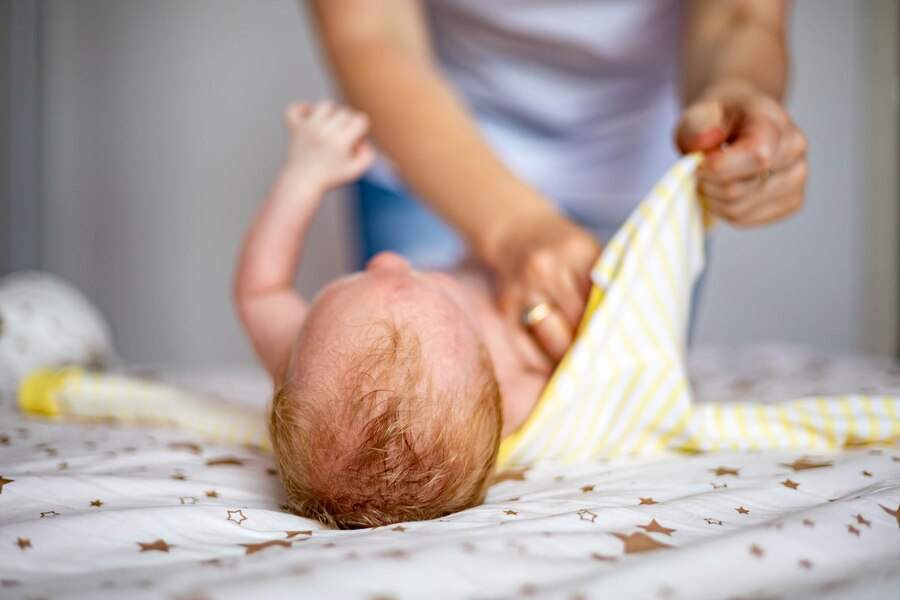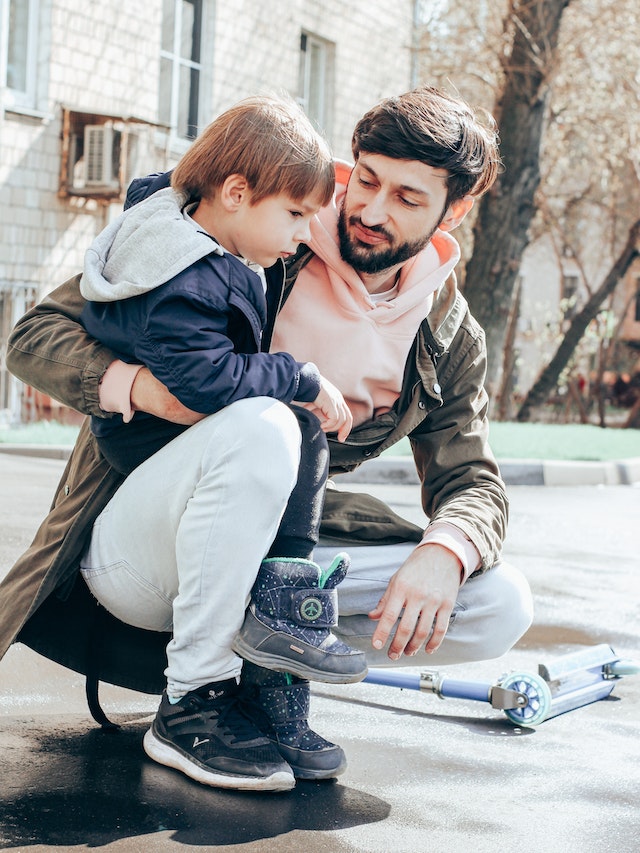When it comes to choosing soap for a baby, one of the common questions that parents ask is whether or not the soap should create a lot of lather. While some people believe that a lot of lather is necessary to clean the skin thoroughly, others believe that it is unnecessary and can actually be harmful to a baby’s delicate skin. In this article, we will explore the issue and discuss whether or not soap that creates a lot of lather is good for a baby.
What is Lather?
Lather is the foam or bubbles that are created when soap is mixed with water. The amount of lather that a soap creates is determined by several factors, including the type of soap, the amount of water used, and the mechanical action (i.e., rubbing) used to create the lather.
Advantages of Soap with Lots of Lather
- Aesthetically Pleasing: Soap that creates a lot of lather can be more visually appealing and satisfying to use than soap that doesn’t lather as much.
- Easier to Spread: Lather can help to spread the soap over a larger area, making it easier to clean the skin thoroughly.
- Can Provide a Sense of Cleanliness: Many people associate a lot of lather with cleanliness and may feel that they are not getting clean if the soap doesn’t create a lot of lather.
Disadvantages of Soap with Lots of Lather
- Can be Drying: Soap that creates a lot of lather can be more drying to the skin, especially for babies with sensitive skin.
- Harsh Chemicals: Some soaps that create a lot of lather contain harsh chemicals that can be harmful to a baby’s delicate skin.
- Residue: Soap that creates a lot of lather can leave a residue on the skin, which can be irritating and cause dryness or itchiness.
What is the Best Soap for a Baby?
When it comes to choosing soap for a baby, the most important consideration is to choose a soap that is gentle, hypoallergenic, and free from harsh chemicals. The soap should be pH-balanced and designed specifically for a baby’s delicate skin. Whether or not the soap creates a lot of lather is a matter of personal preference and does not necessarily indicate the quality or effectiveness of the soap.
Conclusion
In conclusion, soap that creates a lot of lather is not necessarily good or bad for a baby’s skin. While lather can make soap easier to spread and may provide a sense of cleanliness, it can also be drying and leave a residue on the skin. The most important consideration when choosing soap for a baby is to select a gentle, hypoallergenic soap that is designed specifically for their delicate skin. Parents should also be mindful of any potential irritants or harsh chemicals in the soap and consider testing it on a small area of the baby’s skin before using it all over.
![]()










